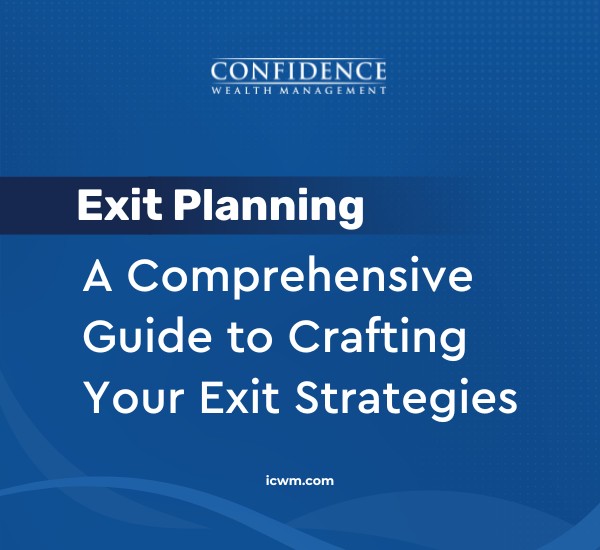We covered timing strategies in the first section, but that’s only one key element to consider when investing in
mutual funds.
Selection strategies focus on using due diligence to select the best funds for your portfolio, ones that perform a role in the overall strategy you employ.
Before investing in any mutual fund, carefully consider its investment objectives, risks, charges, and expenses, which can be found in the prospectus available from the fund. Read it carefully before investing.
Core and Satellite
A core-and-satellite strategy is an attempt to blend the strategic pursuit of long-term goals with more tactical portfolio management designed to try to take advantage of changing market conditions.
A core-and-satellite portfolio starts with a selection of core funds that are designed to be held for a relatively long period regardless of changing market conditions.
Satellite holdings are then added and may be more narrowly focused, changing more frequently depending on the outlook for specific asset classes or market sectors.
Because satellite holdings may be traded more often, a core-and-satellite portfolio strategy represents not only a strategy for selecting a specific fund based on whether it should be a core holding, but also a blend of the buy-and-hold approach with efforts at market timing.
Again, be aware of any restrictions on frequent trading and the potential impact of any trading costs.
Active Management vs. Indexing
Index funds try to track the performance of an index like the S&P 500 by buying the same securities in it.
The theory behind this strategy is that because index funds’ expenses tend to be relatively low and because it can be difficult to beat market averages, net returns can be improved by simply using index funds to try to capture the vast majority of the return of a given market.
Advocates argue that indexing makes sense because most of the variation between the performance of different portfolios is the result of their asset allocation rather than individual security selection. The logic here is that if you can’t beat the market, join it.
By contrast, investing in actively managed funds puts the expertise of the fund manager at your disposal. With an actively managed fund, the manager attempts to outperform market averages through securities selection and smart timing of purchases and sales.
An index fund is obligated to hold a security as long as it’s represented in the given index, even if that company is suffering (some indexes can be highly vulnerable to the performance of a specific market sector, such as technology or financials, or even a single large company).
The manager of an actively managed fund, on the other hand, is free to sell an underperforming security and put that money to work in something with greater potential.
Value/Contrarian vs. Growth/Momentum
Investors have a bewildering variety of options when it comes to selecting a stock fund. Approaching your decision in terms of whether a fund focuses on value investing or growth can help you narrow your choices.
A value-oriented fund focuses on stocks that appear to be bargains relative to the company’s intrinsic worth.
A stock can have a low valuation for many reasons, such as management difficulties, tough competition, or legal problems. Or it may simply be in an industry that is currently out of favor with investors. It may have been overlooked by investors.
A value fund manager believes that eventually the share price will rise to reflect the company’s true worth. As such, this is an example of contrarian investing because it’s built on the belief that the greatest profit potential lies in buying when no one else wants to, or focusing on stocks or industries that are temporarily out of favor with the market.
A growth-oriented fund manager takes a different approach, looking for companies that are expanding rapidly. They are less concerned with finding a bargain than with investing in companies they feel have the greatest potential for rapid appreciation in share price.
These are often newer companies in emerging industries with a bright future, which may also involve more uncertainty and greater risk.
Some growth fund managers are what’s known as a momentum investor, preferring accelerating growth that is attracting a lot of investors and causing the share price to rise.
Momentum investors believe you should buy a stock only when earnings growth is accelerating and the price is moving up. Unlike a value-oriented fund manager, they often buy even when a stock is richly valued, assuming the stock’s price will go even higher and sell quickly to prevent further losses if a stock’s momentum reverses.
Some funds are sensitive to both growth and value considerations. These look for what’s called “growth at a reasonable price,” or GARP, and attempt to capture the best of both strategies.
Conclusion
We’ve covered selection strategies here, our next section will show you how to utilize tax advantage strategies you should consider when investing in mutual funds.
As experienced financial professionals, we help clients like you figure out the best investment plan for their situation, so that they can put their money to work gracefully with peace of mind.
Please connect with us and let us help you plan for your dream future. We would be delighted to go on the journey with you.










